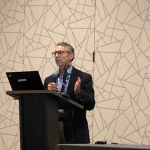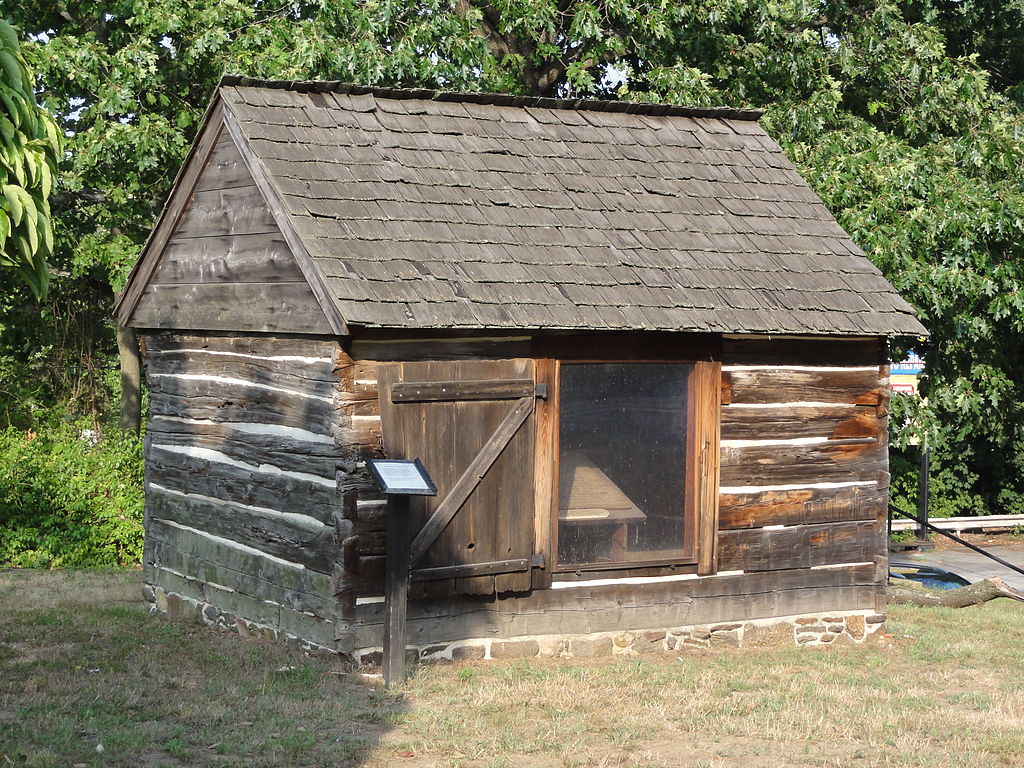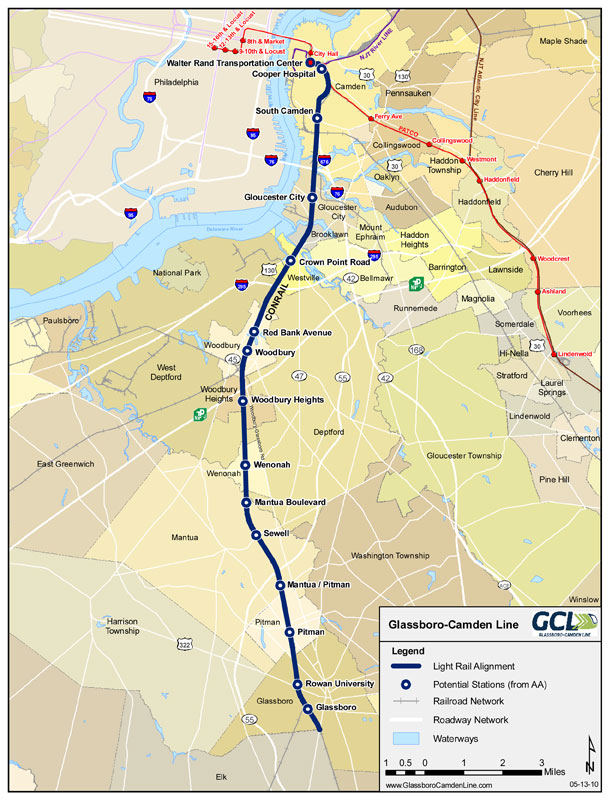New Jersey Future Blog
Property Tax System Broken, Too
March 26th, 2002 by Tim Evans
- In today’s state budget address, Governor James E. McGreevey called the state’s corporate tax system “broken,” “not fair” and “inequitable,” noting that corporate taxes total less than 5 percent of all taxes collected.
- These same labels also fit the property tax system: Homeowners and property owners pay nearly half (47 percent) of all state and local taxes collected in New Jersey. In most states, the burden is closer to 30 percent.
- Property tax rates vary widely by community in New Jersey, and inequality seeps in here, too. The 24 communities with the highest property tax rates (3.5 percent or higher) have the least ability to pay. As a group, they have the lowest median per capita income ($14,070), the highest median unemployment (6.3 percent) and the lowest average home values (median for the group is $116,547) in the state.
- In contrast, the 32 communities with the lowest property tax rates (less than 1.5 percent) include many of our most affluent towns. As a group, they have the highest median per capita income ($35,382), a median unemployment rate of only 2.75 percent and the highest average home values (median for this group is $338,836) in the state
(Sources: Legislative District Data Book, published by the Center for Government Services at Rutgers University; the NJ Department of Labor; the Division of Taxation, Treasury Department; and “Fiscal Responsibility,” published by The Fund for New Jersey)
CONVENTION OFFERS HOPE OF PROPERTY TAX REFORM
The “dumb growth” that’s damaging New Jersey’s environment and hollowing out many older communities is driven in large measure by New Jersey’s broken property tax system. The over-reliance on property taxes forces communities to chase new development — even when the development doesn’t fit the community’s vision or character, adds to its traffic problems or eliminates its open space.
The difference in municipal rates hurts, too, by driving development away from communities that need the investment, and onto open lands. The Governor has opened the door to real tax reform in New Jersey, and the Legislature has the chance to make it work for property tax payers, too. A bi-partisan bill introduced this month calls for a constitutional convention that could eliminate inequities in the property tax system, and help both local governments and schools reduce their dependence on property taxes.
If lawmakers and the Governor approve the idea, voters would be asked in November to approve a constitutional conventional and then be able to vote again on any proposal that comes of it. A constitutional convention could be useful if it stays focused on the tax issue, in the model of the state’s last constitutional convention in 1966 which was limited to revising the county-based legislative districts that the U.S. Supreme Court declared unconstitutional; and if the convention considers all taxing tools, including sales tax, income tax, business and other taxes as well as property taxes, for restructuring and adjusting to lessen the burden of property taxes.
















